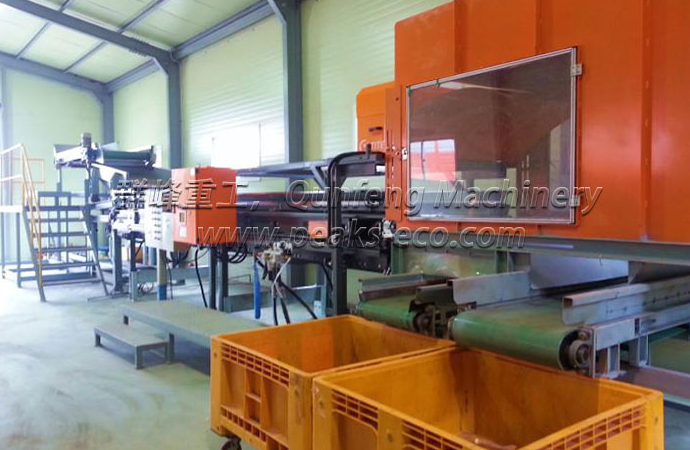But what exactly is waste management? In the simplest terms, it can be defined as the collection, transportation, and disposal of garbage, sewage, and other waste.
The waste management process involves handling solid and liquid waste. During the process, it also provides a variety of solutions for recycling items that are not classified as garbage. Therefore, the whole idea boils down to the reuse of waste as a valuable resource, and given our current environmental climate, this process is vital to all households and businesses.
You will find that there are eight main waste management methods, each of which is divided into many categories. These groups include source reduction and reuse, animal husbandry, recycling, composting, fermentation, landfill, incineration, and land use. You can start using many techniques at home, such as reduction and reuse, which can reduce the number of disposable materials used.
Benefits of waste management
There are multiple benefits to handling and managing waste. In this section, we will study them carefully.
Better environment
The biggest advantage of managing waste may ultimately lead to a better and fresher environment.
The waste disposal department also contributes to people's well-being by helping people get rid of diseases. The best part: all of this will happen, and unnecessary things should be handled in a proper, hygienic manner.
Multiple waste treatment units should be placed in the primary and secondary cities to prepare for the waste treatment process. In the long term, this will also help implement superior security measures.
Reduce pollution
If the waste is managed in the right way, not only can subsequent waste be eliminated, but also the impact and intensity of harmful greenhouse gases (such as carbon dioxide, carbon monoxide, and methane) that often seep out from accumulated waste in landfills can be reduced.
Waste management has reduced our dependence on landfills, while also greatly reducing many factors that have adverse effects on the environment.
Energy saving
Waste recycle is one of the biggest aspects of waste management, and it helps to save energy over time. One of the biggest examples of this advantage can be traced back to the practice of recycling paper.
All of us may know that thousands of trees are cut down to produce paper. When the waste paper is recycled to produce new paper, the need to cut trees has been greatly reduced. This helps save energy while reducing your carbon footprint.
Job creation
The recycling industry alone has created hundreds of jobs. As more and more people adopt this environmentally friendly approach, organizations that create and sell recycled products are at the forefront. This helped to promote its business development, while also creating hundreds of jobs.
Help make a difference
By managing waste, you can also bring changes to the entire society and the entire world. Although none of us can completely remove waste, we can always adopt environmentally friendly practices that reduce and reuse waste. In this way, you can create a role model for those around you who are now motivated to adopt sustainable methods.


没有评论:
发表评论